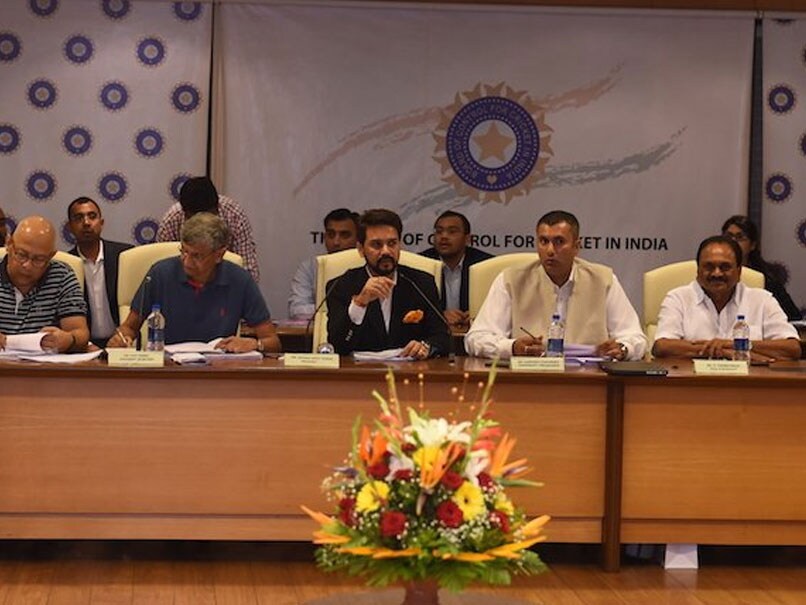Lodha Changes Must, Decide How: Supreme Court To Defiant BCCI Bosses
The Supreme Court had in July approved a slew of reforms as suggested by the Lodha committee. The BCCI has rejected several proposals that threaten its autonomy
- Soumitra Bose
- Updated: October 06, 2016 02:11 pm IST

Highlights
-
BCCI is reluctant to implement all reforms proposed by Lodha Committee
-
Lodha committee has pulled up BCCI for non-compliance
-
BCCI says it is governed by Tamil Nadu Societies Registration Act
The Supreme Court is mulling to appoint a set of administrators to supersede the current Board of Control for Cricket in India top brass to implement the recommendations of the Lodha committee in full. The BCCI has been steadfastly refusing to adopt several far-reaching reforms made by the Lodha panel.
In the first-half of the hearing in the Supreme Court on Thursday, Chief Justice TS Thakur offered two options to the BCCI - have a set of administrators to implement the reforms or get an extension from the Lodha panel.
The BCCI has already failed to meet the September 30 deadline to adopt the Memorandum of Association and Rules as suggested by the Lodha committee. The Lodha panel had complained to the top court for non-compliance.
The Supreme Court has also come down heavily on the BCCI's policy on disbursing funds to its units.
"BCCI must have a transparent policy on money disbursement to state associations. You can't transfer 400 crore overnight," said Justice Thakur.
The Lodha committee had frozen the BCCI's bank accounts after the Board transferred huge grants to its units last month after the Special General Meeting on September 29-30.
Lodha said that the BCCI had failed to follow the timelines set by the Committee. "Had they seen our timelines properly, we had asked them to formulate (a) disbursement policy by September 30. That was not done and some additional, huge funds was going to be disbursed to the members."
The BCCI argued that these "transactions related to 2015-16 when its broadcasters STAR Sports and Sony paid compensation that had to be paid to associations."
(With inputs from A Vaidyanathan)
